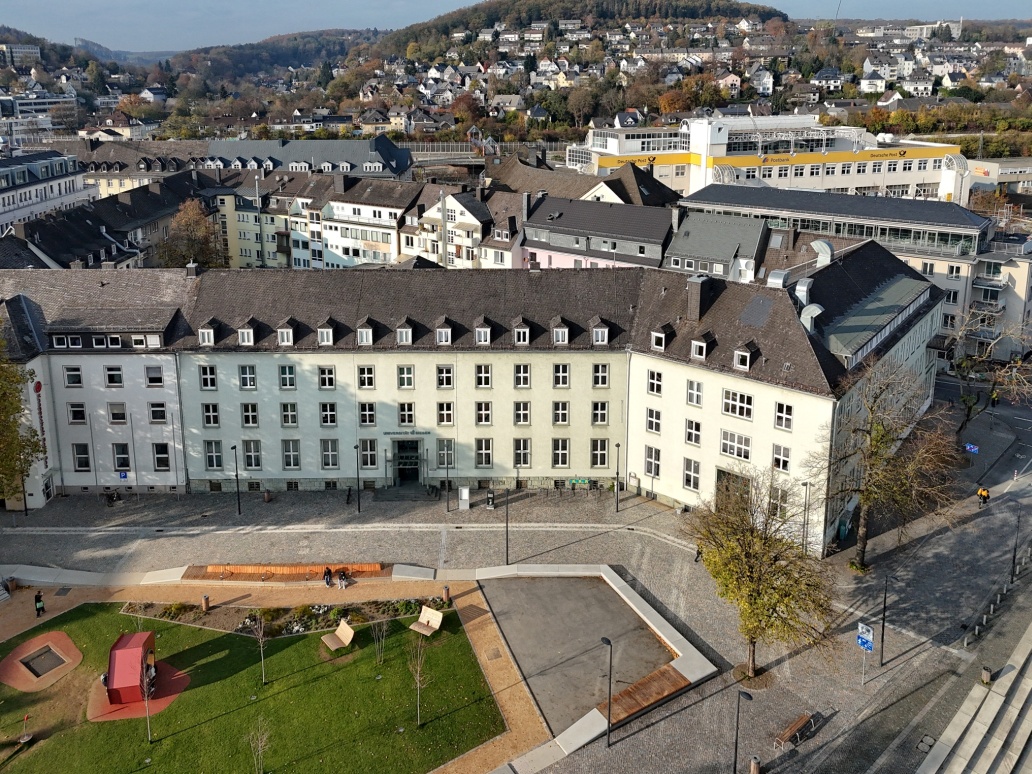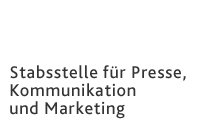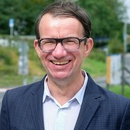Executive Department for
Press, Communication and Marketing
Adolf-Reichwein-Straße 2a Gebäude AVZ (Gebäudeteil AR-NA) 57068 Siegen
Phone: +49 (0)271/740-4915 Fax.: +49 (0)271/740-4911 E-Mail: presse@uni-siegen.de
World-Class Research Extended
An additional four years of funding has been secured for “Transformations of the Popular,” a Collaborative Research Center at the University of Siegen. The German Research Foundation (DFG) is providing roughly nine million euros for the second funding period.
The “Transformations of the Popular” Collaborative Research Center (CRC) is widely hailed as a beacon for research at the University of Siegen. The German Research Foundation (DFG) has now extended the project by an additional four years, through the end of 2028. The DFG will be making roughly nine million euros available to researchers during that period, allowing further studies into how the popular shapes modern society. The focus here is on the question of what difference it makes if, for example, a book, song, or film receives a great deal of notice... or only very little. Furthermore, what impact does it have on the political or aesthetic significance and on the cultural or social standing of a person or thing when it is popular—or not? The second funding phase of the CRC began on 1 January 2025.
“My heartfelt congratulations go out to the entire collaborative research center team with Professor Niels Werber as its spokesperson. I wish all involved much success during this second funding period. The extension strongly demonstrates a track record of research excellence. The University of Siegen offers an ideal environment for this, especially thanks to the close proximity to the ‘Media of Cooperation’ CRC. I’m happy that our high-profile, research-driven projects on ‘Media and Culture’ will have the chance to be further refined and expanded in the coming years,” University Rector Professor Stefanie Reese declared.
“It’s fantastic that we will be able to continue our research into pop, popularization, and populism together with our partners in Berlin, Bochum, Dortmund, and Friedrichshafen. During the next four years, we’ll explore in greater depth the paths of distribution for popular notice and the social, cultural, and political consequences that can emerge from this,” says Professor Niels Werber, spokesperson for the collaborative research center.
The “Transformations of the Popular” CRC comprises 19 sub-projects, led by 24 researchers from various literary, cultural, media, and social science disciplines. 32 employees in all work for the CRC, as do numerous research fellows from around the world.
The common starting point for the shared research: the concept that we no longer live in a society in which cultural goods are exclusively positioned on a scale between “high culture” and “mass” or “consumer culture” — with high culture alone viewed as challenging and worthwhile. The distribution of notice (or, for mass culture, a lack thereof) loses its implicitness if the quantitative dimension of popularity gains in importance. Being “popular” means getting noticed by many — and when that is quantified, measured, and compared, then new rankings emerge: Those at the very top of the rankings are the most noticed, those at the bottom those receiving no notice. Attention and respect can be seen to have shifted from classics to best-sellers, hits, and blockbusters.
The social distribution of notice has in turn changed: Thanks to algorithms and counters, things that are noticed by the many now have the best chances of becoming even more popular. Even the more clever and beautiful contributions find no resonance if they fail to appear in the rankings. There are potentially political dimensions to this change, and this will be a stronger focus for the CRC's
researchers during the second funding period. The concentration in the coming years will be on the conflict potential inherent to the popular: What role does the distribution of notice and legitimation through popularity play in our society? For more information about the “Transformations of the Popular” CRC, please visit this site (German website).
Background: On 25 November 2024, the German Research Foundation (DFG) announced that it would further reinforce world-class research at German universities through the establishment of seven new collaborative research centers. In addition, the decision committee also voted on the extension of 23 CRC for one additional funding period. Collaborative Research Centers are intended to promote innovative, challenging, long-term concepts in research, allowing for the establishment of centers and structures at the applying universities; they can receive up to a maximum of twelve years of funding.

The “Transformations of the Popular” CRC is based in Siegen’s Herrengarten.


